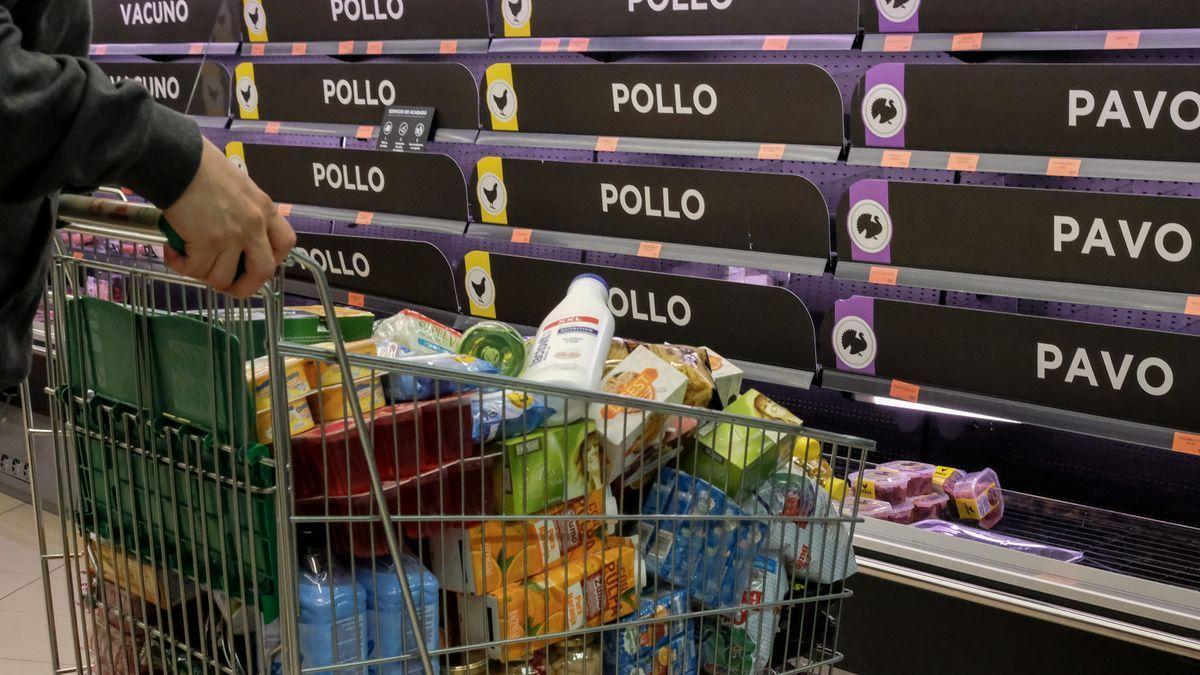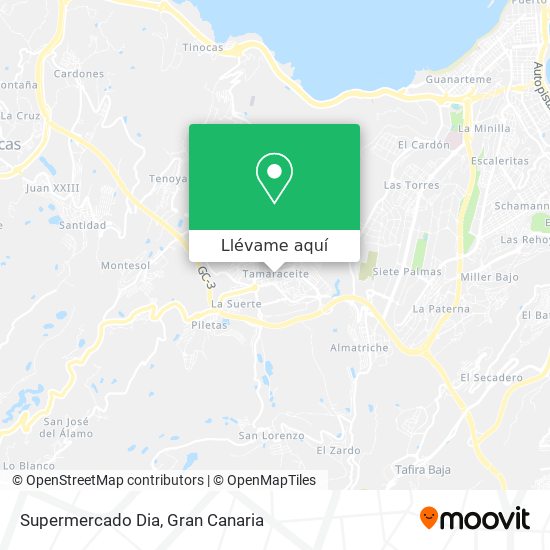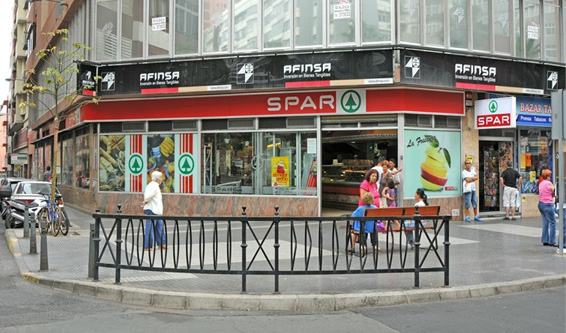
Los supermercados más baratos y más caros, según la OCU: Dia y Mercadona a la cabeza de las subidas | Economía | EL PAÍS

Comparativa de supermercados online: así es hacer el carro de la compra por internet en Carrefour, Mercadona, DIA y otras tiendas

Los supermercados más baratos y más caros para hacer la compra este 2022, según la OCU | Actualidad | LOS40

CANARIAS SAN JUAN 2022: Estos son los horarios de los supermercados el día de San Juan en Gran Canaria

Masiva demanda del libro 'Las otras historias del volcán' en La Palma, el primer día en que se podían reservar ejemplares, en supermercados SPAR | Canarias Noticias

SPAR INAUGURA EN EL BARRIO DE CIUDAD JARDÍN (LAS PALMAS GRAN CANARIA) UN NUEVO SPAR DE 220 M². - SPAR

.jpg)












